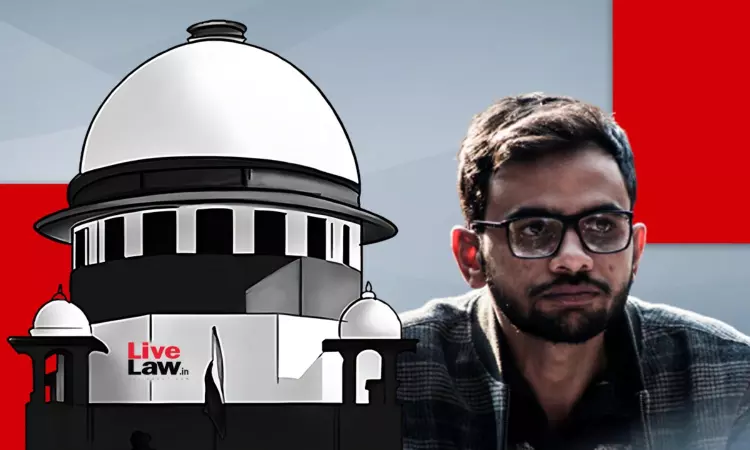Supreme Court Adjourns Umar Khalid's Bail Plea, Next Posting On January 31
Awstika Das
24 Jan 2024 2:19 PM IST

Next Story
24 Jan 2024 2:19 PM IST
The Supreme Court on Wednesday (January 23) adjourned the hearing of former JNU scholar and activist Umar Khalid's bail plea in connection with the Delhi riots larger conspiracy case. He has been behind bars since September 2020, awaiting his trial under the Unlawful Activities (Prevention) Act for his alleged involvement in the larger conspiracy surrounding the communal violence that broke...
